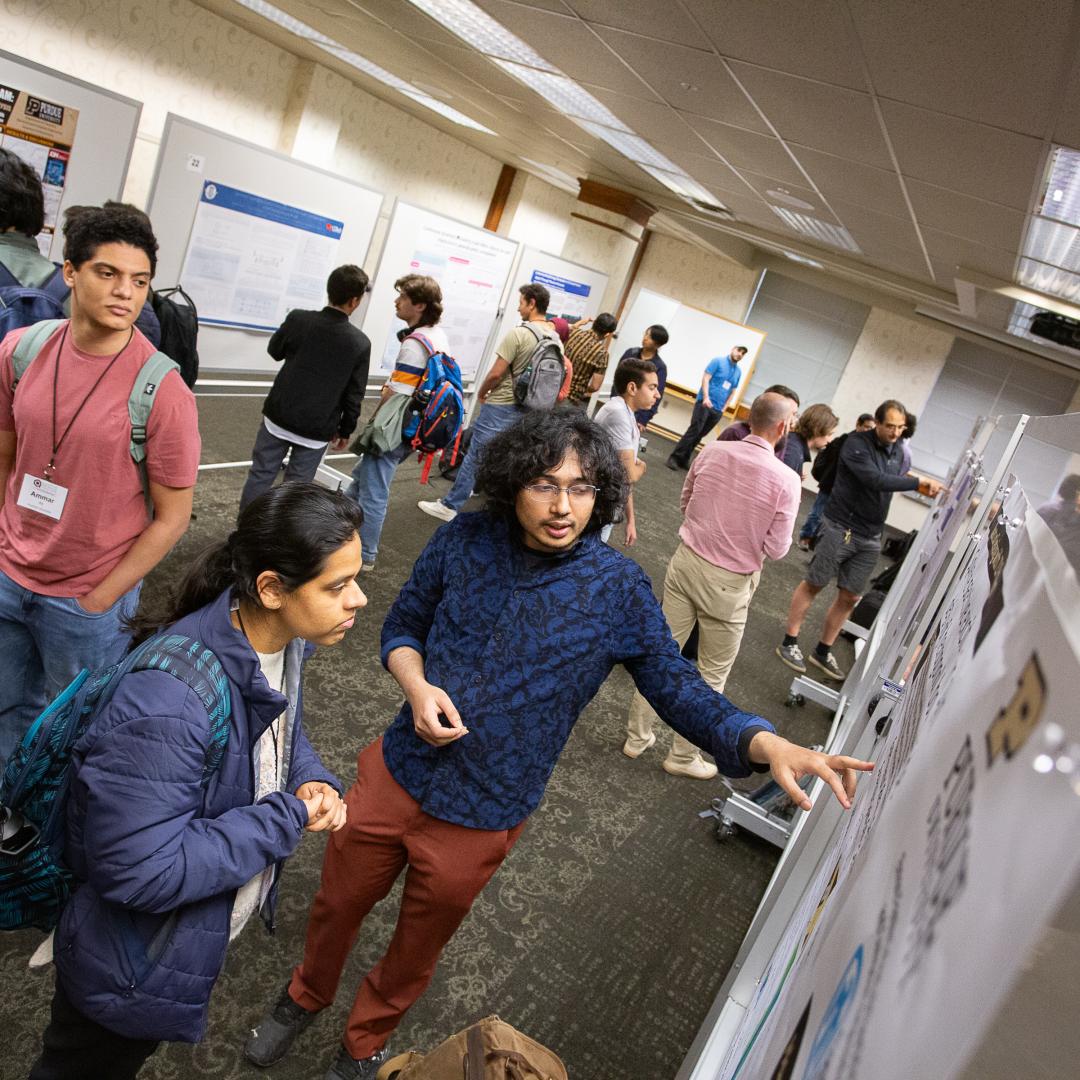Filter News
Area of Research
- Advanced Manufacturing (1)
- Biology and Environment (23)
- Building Technologies (1)
- Clean Energy (16)
- Climate and Environmental Systems (2)
- Computational Biology (1)
- Computational Engineering (2)
- Computer Science (12)
- Fusion and Fission (2)
- Fusion Energy (2)
- Isotopes (1)
- Materials (7)
- Materials for Computing (3)
- Mathematics (1)
- National Security (4)
- Neutron Science (4)
- Quantum information Science (4)
- Supercomputing (25)
News Type
News Topics
- (-) Biology (24)
- (-) Computer Science (55)
- (-) Statistics (1)
- 3-D Printing/Advanced Manufacturing (49)
- Advanced Reactors (18)
- Artificial Intelligence (21)
- Big Data (18)
- Bioenergy (21)
- Biomedical (15)
- Biotechnology (3)
- Buildings (24)
- Chemical Sciences (21)
- Clean Water (13)
- Climate Change (28)
- Composites (13)
- Coronavirus (15)
- Critical Materials (13)
- Cybersecurity (9)
- Decarbonization (12)
- Energy Storage (47)
- Environment (58)
- Exascale Computing (4)
- Frontier (4)
- Fusion (17)
- Grid (23)
- High-Performance Computing (23)
- Hydropower (6)
- Irradiation (3)
- Isotopes (13)
- ITER (4)
- Machine Learning (12)
- Materials (68)
- Materials Science (53)
- Mathematics (1)
- Mercury (3)
- Microscopy (20)
- Molten Salt (6)
- Nanotechnology (24)
- National Security (10)
- Net Zero (2)
- Neutron Science (41)
- Nuclear Energy (34)
- Partnerships (6)
- Physics (10)
- Polymers (14)
- Quantum Computing (6)
- Quantum Science (14)
- Security (4)
- Simulation (11)
- Software (1)
- Space Exploration (11)
- Summit (8)
- Sustainable Energy (53)
- Transformational Challenge Reactor (1)
- Transportation (46)
Media Contacts

Forrest Hoffman, a distinguished scientist at the Department of Energy’s Oak Ridge National Laboratory, has been named a senior member of the Institute of Electrical and Electronics Engineers, the world’s largest organization for technical professionals.
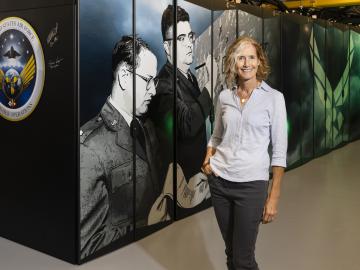
Kate Evans, director for the Computational Sciences and Engineering Division at ORNL, has been awarded the 2024 Society for Industrial and Applied Mathematicians Activity Group on Mathematics of Planet Earth Prize.

Anuj J. Kapadia, who heads the Advanced Computing Methods for Health Sciences Section at ORNL, has been elected as president of the Southeastern Chapter of the American Association of Physicists in Medicine.

Pablo Moriano, a research scientist in the Computer Science and Mathematics Division at ORNL, was selected as a member of the 2024 Class of MGB-SIAM Early Career Fellows.
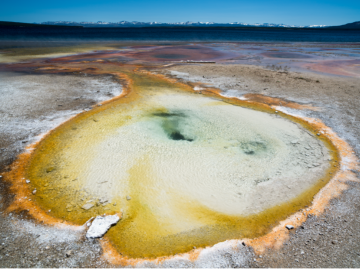
Oak Ridge National Laboratory scientists studied hot springs on different continents and found similarities in how some microbes adapted despite their geographic diversity.

Yaoping Wang, postdoctoral research associate at ORNL, has received an Early Career Award from the Asian Ecology Section, or AES, of the Ecological Society of America.
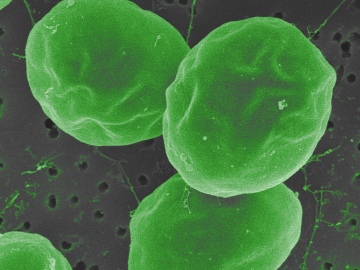
In the search for ways to fight methylmercury in global waterways, scientists at Oak Ridge National Laboratory discovered that some forms of phytoplankton are good at degrading the potent neurotoxin.
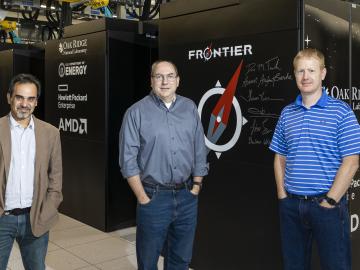
A research team from the Department of Energy’s Oak Ridge and Lawrence Livermore national laboratories won the first Best Open-Source Contribution Award for its paper at the 37th IEEE International Parallel and Distributed Processing Symposium.
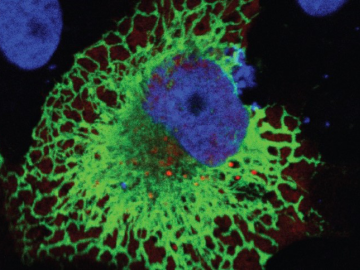
Oak Ridge National Laboratory scientists exploring bioenergy plant genetics have made a surprising discovery: a protein domain that could lead to new COVID-19 treatments.
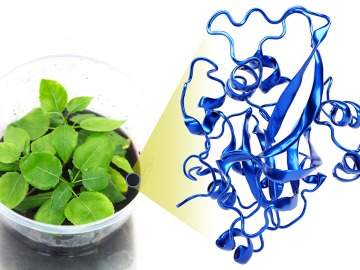
ORNL researchers have identified specific proteins and amino acids that could control bioenergy plants’ ability to identify beneficial microbes that can enhance plant growth and storage of carbon in soils.



